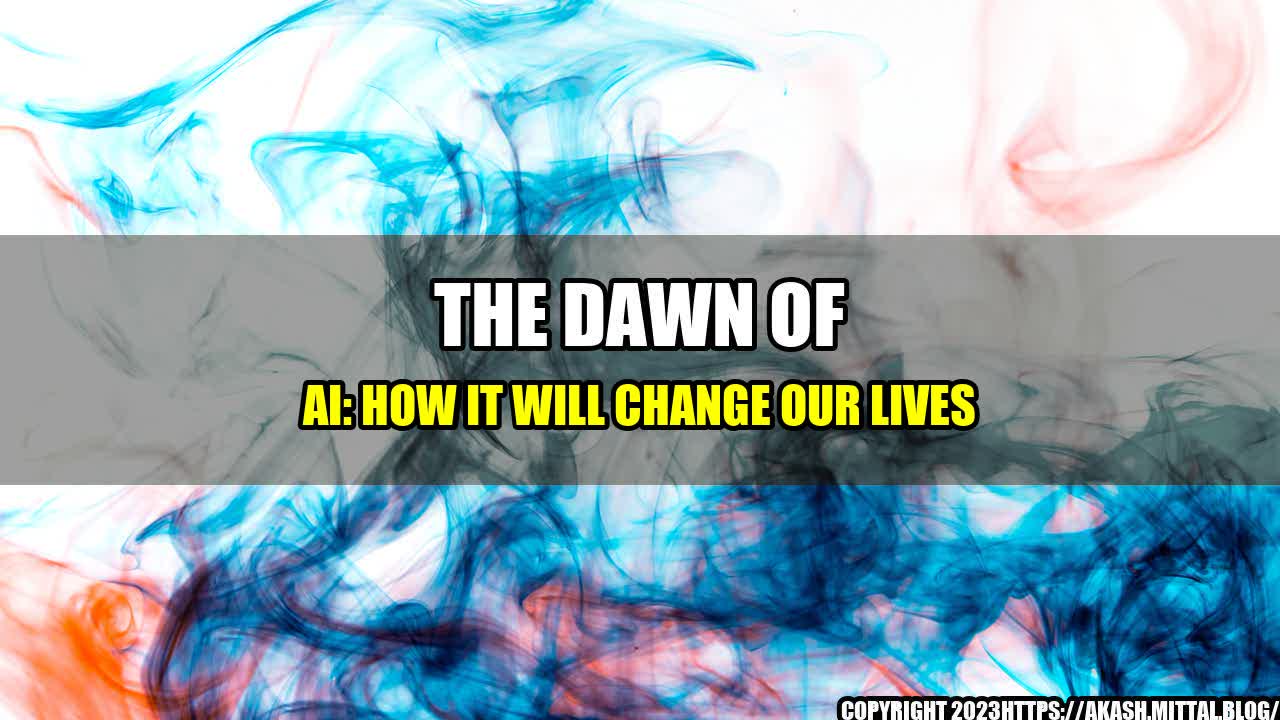
Imagine walking into a grocery store and being served by a robot on each aisle, or talking to a computer program that can diagnose your health issues. The era of AI (Artificial Intelligence) is not a far-fetched dream anymore; it is slowly taking over every aspect of our lives, from the way we work to the way we relax.
AI is an area of computer science focused on creating machines that can perform tasks requiring human-like intelligence such as understanding natural language, recognizing images, and making decisions. Unlike other conventional technologies that demand humans to program and instruct computers to accomplish certain tasks, AI involves the process learning and finding patterns from large data sets. The more data AI has, the faster it grows and the more precise it becomes.
There are many reasons why AI has become the next frontier in the digital revolution. With the exponential increase in data we produce, AI offers the potential to unlock insights and create new solutions that wouldn't be possible otherwise. It can also automate tasks, saving us time and increasing our productivity. In the future, AI could even help us solve some of the world's most complex problems, such as climate change or healthcare.
There are some concerns about the impact of AI on the job market. Some jobs that are repetitive and require basic skills are at risk of being automated. However, new jobs that require more intricate skills, like problem-solving, data analysis, and creativity, are expected to emerge.
There are also ethical concerns around the use of AI, particularly in decision-making processes. For example, if a computer program were to determine who should receive healthcare, it could lead to bias against certain groups. Regulation and oversight will need to be put in place to ensure that AI is used responsibly.
Curated by Team Akash.Mittal.Blog
Share on Twitter Share on LinkedIn